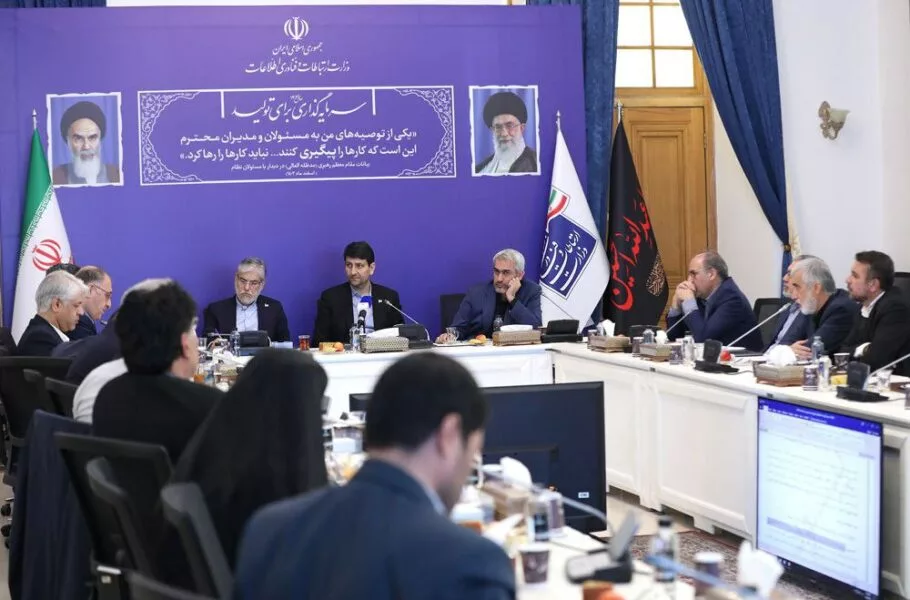
Iran Greenlights Digital Health Regulations for Economic Growth
Iran finalizes regulations for digital health operators to enhance its economy.
The general framework for 'Regulations Governing Digital Health Operators' has been approved.
The 12th meeting of the Special Digital Economy Working Group convened under Seyed Sattar Hashemi, Minister of Information and Communications Technology. Ministers of Science, Research and Technology, Economic Affairs and Finance, and other representatives participated. Following discussions and amendments, the framework for digital health operator regulations was finalized.
Hossein Simayi Saraf, Minister of Science, Research and Technology; Seyed Ali Madani Zadeh, Minister of Economic Affairs and Finance; and other members of the working group reviewed the regulation draft before approval. Representatives from invited organizations also contributed to the discussions.
Digital Health Regulation Details and Objectives
The newly approved regulation aims to integrate health platforms into Iran’s digital economy ecosystem. A draft resolution was jointly proposed by the Ministry of Health, Treatment and Medical Education; Ministry of Cooperatives, Labor and Social Welfare; Organization for Planning and Budget; and Ministry of ICT. This initiative stems from Clause 4 of Paragraph A of Article 69 in Iran’s Seventh Development Plan and Article 8 of Resolution No. 5, passed by the Cabinet.
During the meeting, feedback from participating organizations was incorporated into the final framework. The Minister of Communications emphasized that all executive bodies under Clause K of Article 107 must submit their digital transformation plans for government approval. He noted that the Ministry of Health has taken a leading step by presenting its plan.
Impact on Digital Economy and Investment
Hashemi highlighted the private sector’s pivotal role in advancing the digital economy. He stressed the importance of addressing technical, legal, and investment issues through collaboration with private entities. These efforts aim to achieve a 10% contribution of the digital economy to Iran’s gross domestic product as outlined in the Seventh Development Plan.
Challenges hindering digital economy development were discussed. Hashemi emphasized the need for regulatory adjustments to create opportunities for private sector contributors and elite professionals to drive progress in this field. Proper planning by the working group could help overcome obstacles and accelerate economic goals.
Addressing Sanctions and Investment Barriers
Hashemi also addressed challenges posed by international sanctions against Iran. He underscored the importance of attracting investments in communications and information technology. Facilitating platform entries into stock markets was identified as a way to boost investment. He noted issues related to some digital companies’ acceptance in Iran’s securities market and active platforms involved in open data operations, calling for further examination during future working group sessions.
The approval of regulations governing digital health operators signifies a critical step toward implementing digital transformation within Iran’s health sector. This initiative aligns with objectives in Iran’s Seventh Development Plan to strengthen private sector participation while integrating health platforms into the digital economy ecosystem. Legal enactment procedures will follow this approval to officially implement the resolution.












